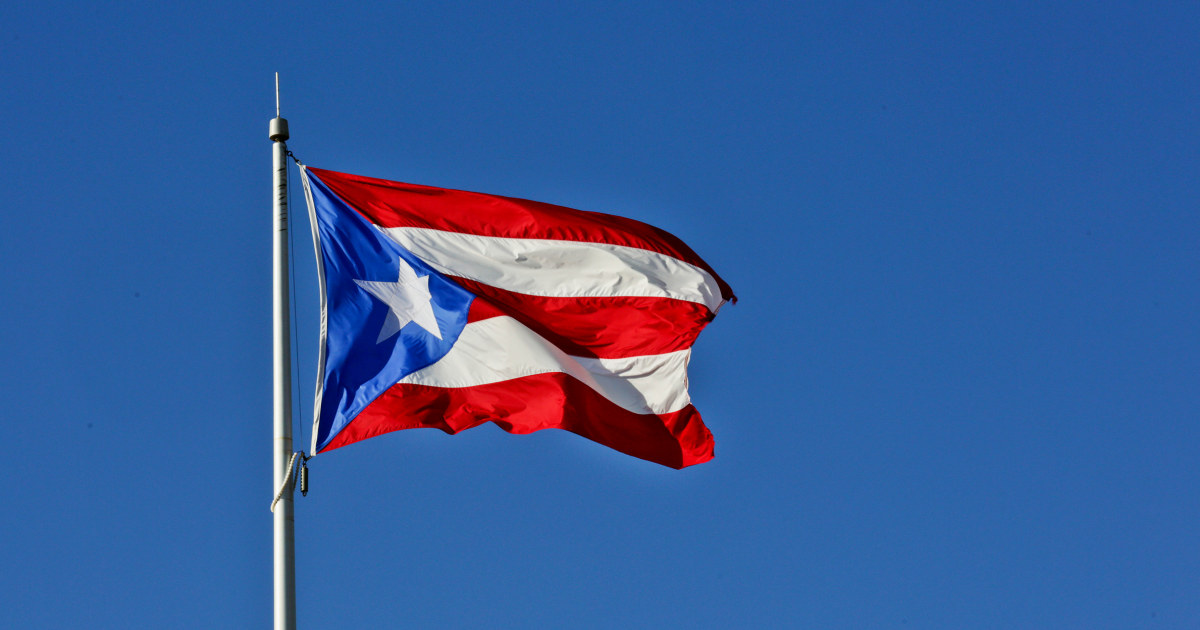
The risk of getting sick with dengue fever is ever present in Puerto Rico and other places with hot, humid climates — but this year “cases have exceeded historical figures,” according to Puerto Rico Health Secretary Carlos Mellado.
Mellado declared a public health emergency this week in an effort to curb the rise in dengue fever cases, saying the decree helps guarantee Puerto Rico has access to the resources needed to combat the outbreak. The declaration is set to last 90 days and can be renewed if necessary.
Puerto Rico joins Brazil, Peru and other Latin American nations dealing with outbreaks in declaring a state of emergency over dengue fever.
As of Tuesday, there have been over 3.5 million cases and more than 1,000 deaths in Latin America, the Pan American Health Organization said at a news briefing Thursday.
“This is cause for concern, as it represents three times more cases than those reported for the same period in 2023,” which was considered a record year, PAHO Director Jarbas Barbosa said.
The Puerto Rico Department of Health reported first noticing an increase in dengue fever cases on the island at the end of 2023. With 146 cases reported by the third week of January, dengue fever rates started to consistently surpass 2023 levels.
As of March 10, at least 549 dengue fever cases had been reported on the island since the start of the year, mostly in the capital of San Juan, according to the Health Department. About 62% of patients were hospitalized with the disease; only 29 cases were considered severe. No dengue fever fatalities have been reported so far.
The most common symptom among those who contract the mosquito-borne disease is fever, according to the Centers for Disease Control and Prevention. Other symptoms include serious headaches, nausea, vomiting, rash and body pain.
Symptoms can be mild or severe. Most dengue fever patients recover in a week, but in severe cases the disease can be life-threatening and require hospitalization since it can result in shock, internal bleeding and even death. Those who have had dengue in the past are more likely to develop severe symptoms. A person can get sick with dengue fever up to four times in their lifetime — once for each type of virus that can cause the disease, according to the CDC.
The CDC has been working with the Puerto Rico Health Department and other local agencies to enact the island’s dengue fever prevention and control plan — which includes eliminating and cleaning up areas with stagnant water that could serve as mosquito breeding sites, as well as urging the public to use mosquito repellents and wire mesh panels to keep mosquitoes out of their homes.
In a statement Monday, Mellado said in Spanish that all parts of Puerto Rican society must join forces to prevent contagion and the spread of this virus.
Puerto Rico last declared a dengue epidemic in 2012. At least 199 people died of dengue fever during that time.
For more from NBC Latino, sign up for our weekly newsletter.






